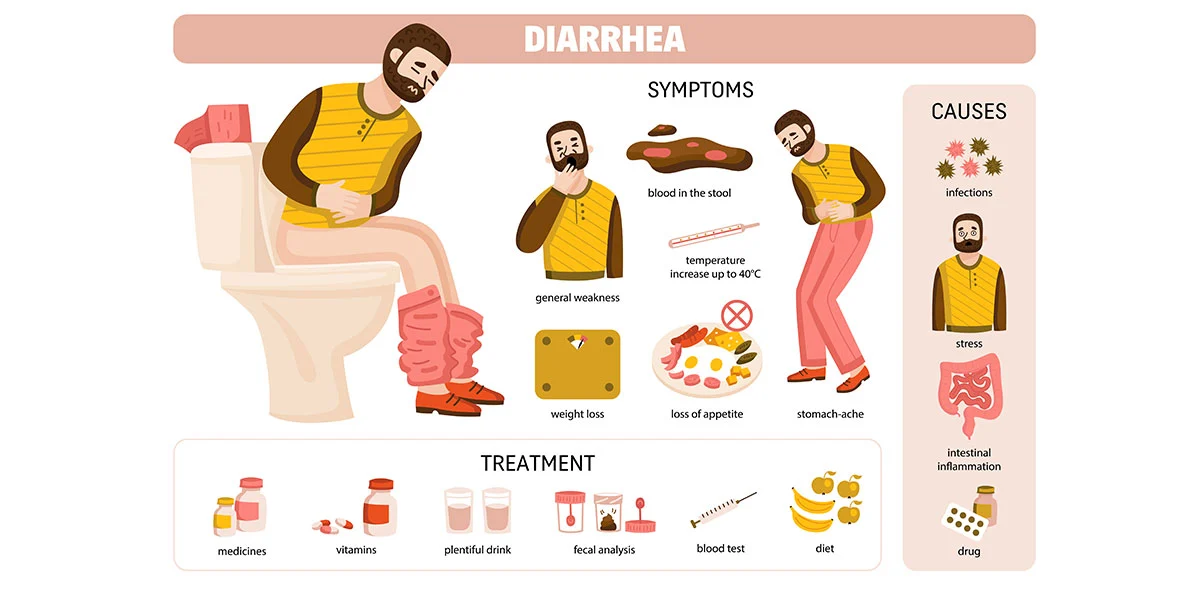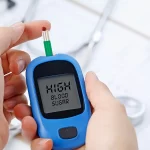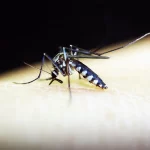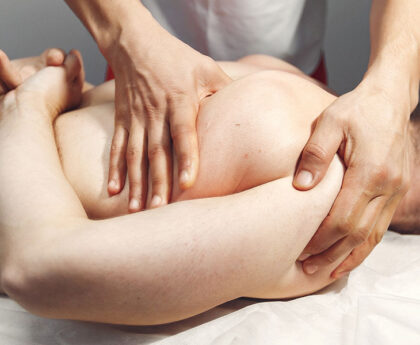Diarrhea is a common gastrointestinal problem that can lead to dehydration and other complications if not managed properly. Here are some safety tips to help deal with diarrhoea:
- Stay hydrated: Diarrhea can lead to fluid loss, so it’s essential to drink plenty of fluids to prevent dehydration. Drink oral rehydration solutions (ORS) or clear fluids such as water, broth, and electrolyte drinks. Avoid caffeinated and alcoholic beverages, as they can worsen dehydration.
- Maintain proper hygiene: Wash your hands thoroughly with soap and water after using the bathroom, before eating, and after handling food. Good hand hygiene can help prevent the spread of diarrheal infections.
- Use clean water: Ensure that the water you drink is safe and clean. If you’re unsure about the water quality, consider boiling it or using water purification methods, such as water purification tablets or filters.
- Practice proper food safety: Be cautious about the food you eat, especially when traveling or eating out. Ensure that your food is cooked thoroughly and served hot. Avoid raw or undercooked food, and only eat fruits and vegetables that you can peel or wash with safe water.
- Avoid dairy and fatty foods: Temporarily avoid dairy products, greasy, and fatty foods, as they can worsen diarrhoea and irritate your digestive system.
- Take over-the-counter medication: Over-the-counter anti-diarrheal medication like loperamide can help alleviate symptoms, but it’s essential to follow the recommended dosage and consult a healthcare professional if you have any underlying health conditions or concerns.
- Rest: Get plenty of rest to support your body’s healing process and conserve energy.
- Do not suppress a fever: If you have a fever along with diarrhoea, do not suppress it with medication unless advised by a healthcare professional. Fever is your body’s natural response to infection, and it helps fight off the underlying cause.
- Seek medical attention: If diarrhoea is severe, persistent, or accompanied by high fever, blood in stool, or signs of dehydration (dry mouth, dark urine, dizziness), seek medical attention promptly.
- Avoid sharing personal items: To prevent the spread of infection, avoid sharing towels, utensils, and other personal items with others.
- Stay home: If you have diarrhoea, it’s best to stay home to avoid spreading the infection to others, especially in communal settings.
- Follow the doctor’s advice: If you’re prescribed antibiotics or other medications, take them as directed by your healthcare provider, and complete the full course of treatment.
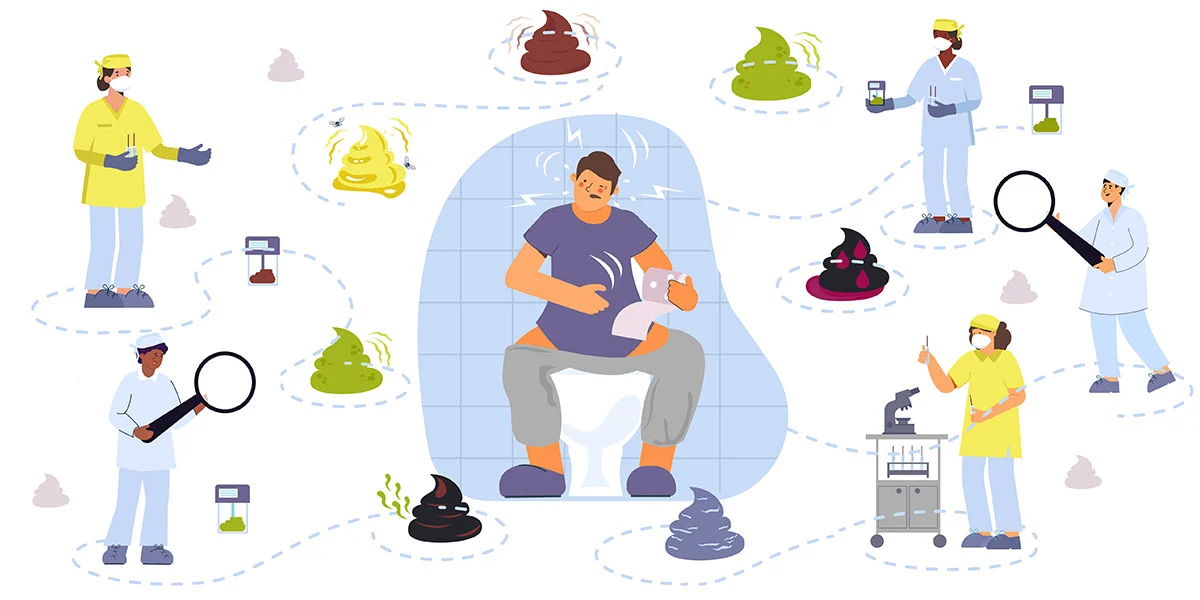
Remember, while many cases of diarrhea are mild and resolve on their own, severe or persistent cases can lead to complications. If you have concerns about your symptoms or general health, always seek advice from a healthcare professional.
If you don’t like this article/post please share your feedback.

